Best Practices for Operating Food Packing Machines
Best Practices for Operating Food Packing Machines: Ensuring Efficiency, Safety, and Quality
In the fast-paced world of food production, efficient and reliable food packing machines are crucial for maintaining product quality, minimizing waste, and meeting consumer demand. However, improper operation of these machines can lead to costly downtime, product contamination, and potential hazards. By adhering to best practices, food manufacturers can optimize the performance of their packing machines and maximize their productivity.
1. Proper Training and Maintenance
Operators must receive thorough training on the specific machine they will be using. This training should cover all aspects of operation, including loading, adjusting settings, and troubleshooting. Regular maintenance is also essential to keep machines running smoothly and prevent breakdowns.
2. Regular Cleaning and Sanitation
Food packing machines must be cleaned and sanitized according to established protocols to prevent product contamination. This includes cleaning all surfaces that come into contact with food, such as conveyor belts, filling nozzles, and sealing mechanisms.
3. Calibration and Adjustments
Accurate calibration and adjustment of packing machines are crucial to ensure proper filling weights, seal integrity, and overall product quality. Operators should check and adjust settings regularly, especially when switching between different product types or packaging materials.
4. Monitoring and Control
Packing machines should be monitored closely during operation. Operators should monitor parameters such as filling accuracy, sealing temperature, and conveyor speed to ensure that the machine is running within optimal conditions.
5. Material Handling
Proper handling of packaging materials, both before and during packing, is essential to prevent damage and ensure efficient operation. Operators should store and handle materials according to manufacturer specifications to minimize the risk of tearing, contamination, or machine jams.
6. Safety Precautions
Operating food packing machines involves potential hazards such as moving parts, sharp edges, and electrical components. Operators must follow all safety guidelines, including wearing appropriate protective equipment and following lockout/tagout procedures during maintenance.
7. Waste Management
Food packing operations generate waste materials such as packaging scrap and rejected products. Operators should establish efficient waste management systems to minimize environmental impact and prevent accumulation that can pose safety and sanitation risks.
8. Continuous Improvement
Food manufacturers should continuously evaluate the performance of their packing machines and seek opportunities for improvement. This may involve implementing automation, optimizing processes, or adopting new technologies to increase efficiency and reduce downtime.
By following these best practices, food manufacturers can ensure that their food packing machines operate safely, efficiently, and effectively, delivering high-quality products to consumers while maximizing productivity and minimizing costs.
-
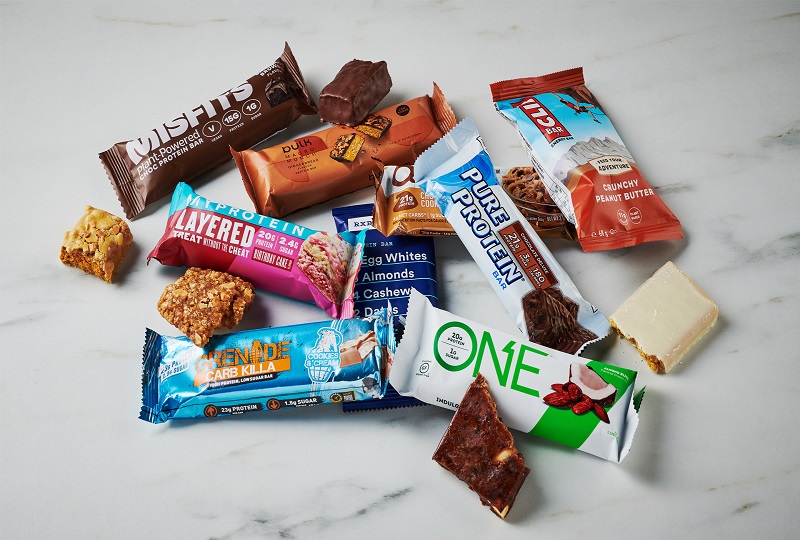 01
01Further Discussion About Protein Bar Packing Machinery
27-02-2024 -
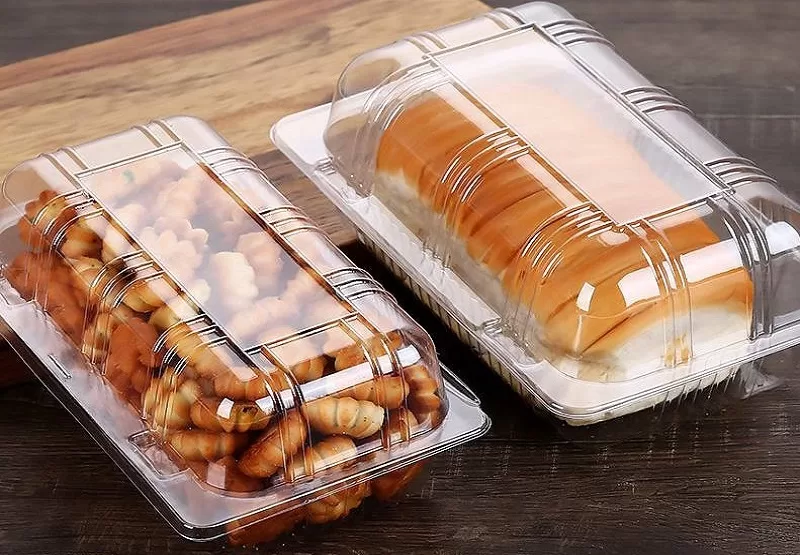 02
02Sustain The Best Crispy With Automatic Packaging Machines
29-01-2024 -
 03
03Bread Packing Machine For Bakery Business
19-01-2024 -
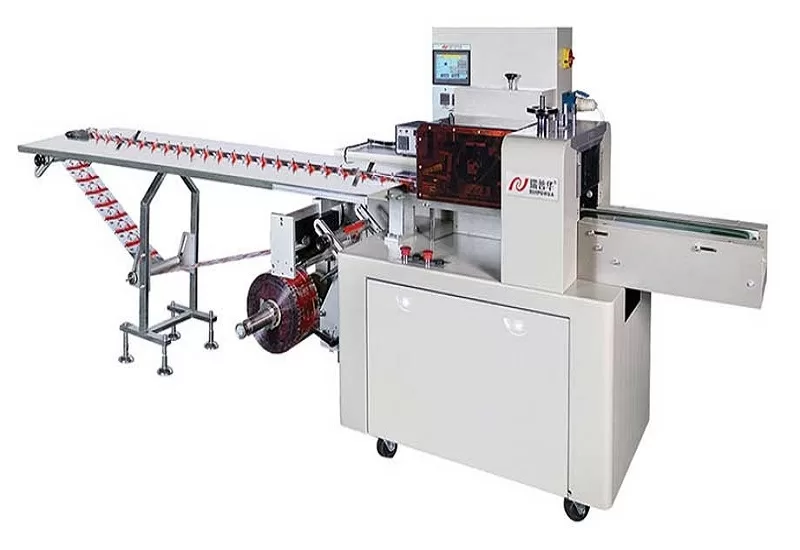 04
04How Flow Wrappers Are Adapting to Changing Trends
01-11-2023 -
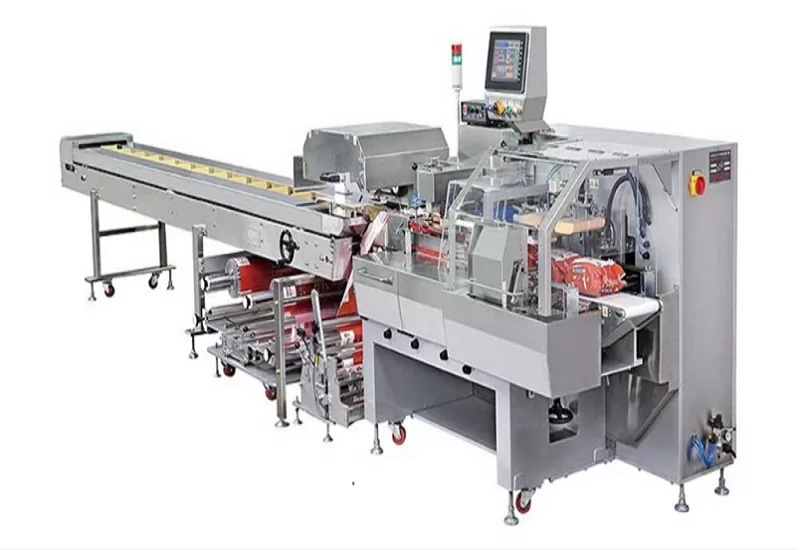 05
05The Comprehensive Guide to Packaging Machinery
31-10-2023 -
 06
06Automatic Cookie Packaging System Performance
01-09-2023 -
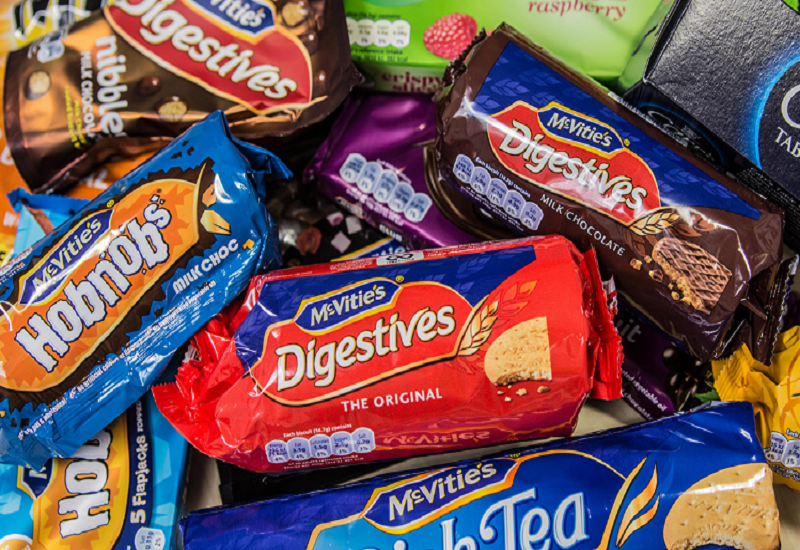 07
07Streamlining Biscuit Packaging with Multipack Biscuit Packaging Machines
25-08-2023 -
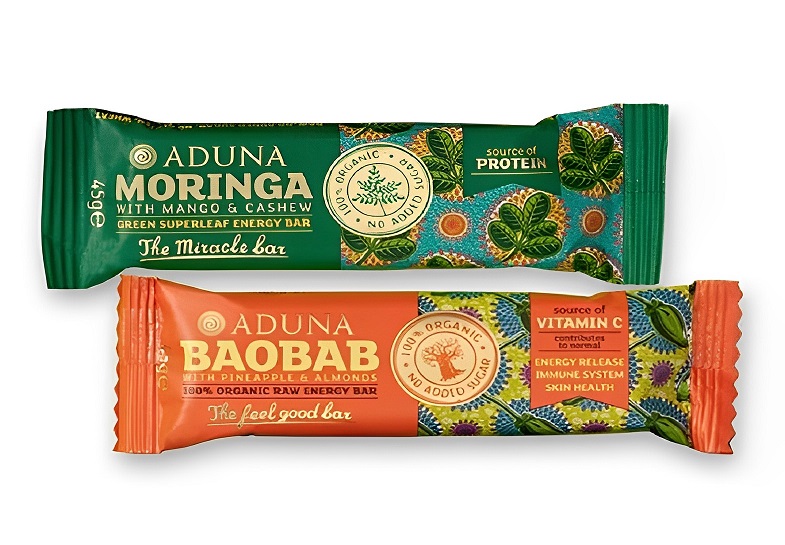 08
08From Assembly To Shipping: The Energy Bar Packaging Machine Does All
28-02-2023 -
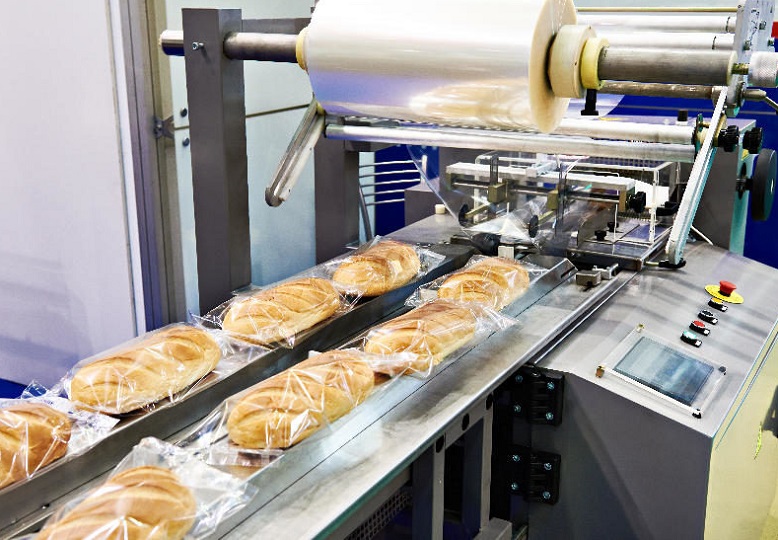 09
09Maximizing Efficiency With Food Packaging Machine Technology
22-02-2023 -
 10
10Clients Hunt For Professional And Functional Packaging Machine
10-11-2022






